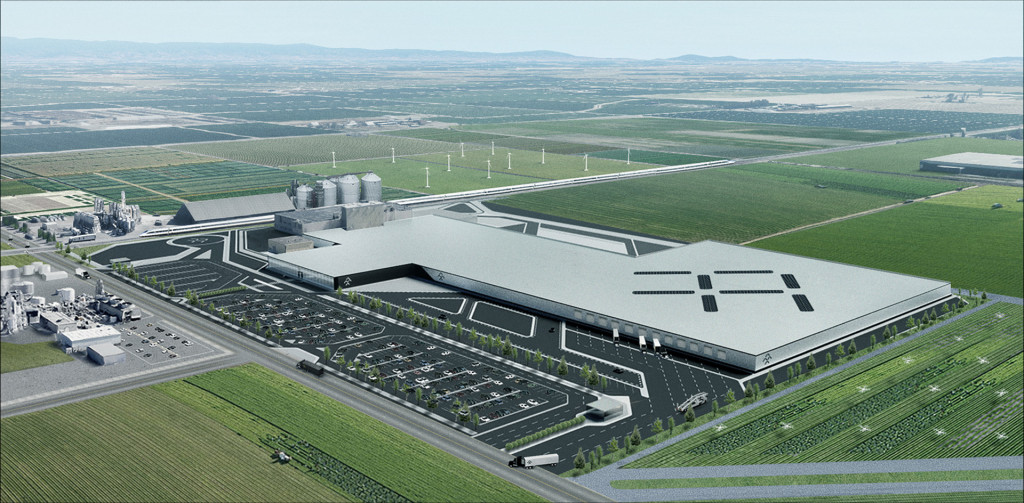Faraday Future, the fledgling Tesla competitor working to build a $300,000 electric SUV, has been thrown a financial lifeline.
Evergrande Health, a division of a large Hong Kong conglomerate, has committed to invest $2 billion to keep alive the all-electric luxury SUV project, according to a report in TechCrunch.
Faraday Future showed off its ultra-futuristic—and ultra expensive—FF91 electric SUV at the 2017 CES show, but has struggled to bring the car to market.
READ THIS: Faraday Future promised $1.5 billion, says FF 91 will arrive by end of this year
First, it had to abandon plans to build a giant factory outside Las Vegas, and had to scale back plans for a broader product line to just two planned models.
In place of the sprawling Las Vegas factory it started to build in 2016, the company has now leased a turn-key former Pirelli factory in Hanford, California, in a remote part of the San Joaquin Valley. The plant can produce fewer cars than the planned Las Vegas factory. Faraday Future says it will also build cars in China.
Evergrande Health has taken over a previous $800 million commitment to bail out Faraday Future, and has committed to investing another $600 million by the end of 2019, and a third $600 million investment in 2020.

Artist’s impression of Faraday Future’s proposed plant in Hanford, California
“FF will continue to use the committed funds to accomplish our top priority—finalizing the development and delivering the first production vehicle, FF 91 to both US and China markets. The investment will also support Faraday Future to expand its product pipeline,” the company said in a statement.
At the debut event for the FF91 in Las Vegas in 2017, Faraday Future suggested the car will have a range of 378 miles, with a 130-kwh battery along with 1,050 horsepower to whisk it past 60 mph in 2.4 seconds.
CHECK OUT: Faraday Future unveils FF 91, its first production electric car; deposits open, no price given
All that will come at a price. Company chairman Jia Yueting said in an Chinese-language interview that the car will cost more than $290,000, or more than twice the cost of a loaded Tesla Model X.
The company last targeted the end of this year to begin production of the FF91 and said it would follow that car with a less expensive FF81. That timeline now looks ambitious.
Starting a new car company from scratch is so hard that success is rare. While it looked six months ago like Faraday Future might do down in a long line of startup automaker failures, this new investment may give it another shot at success.











